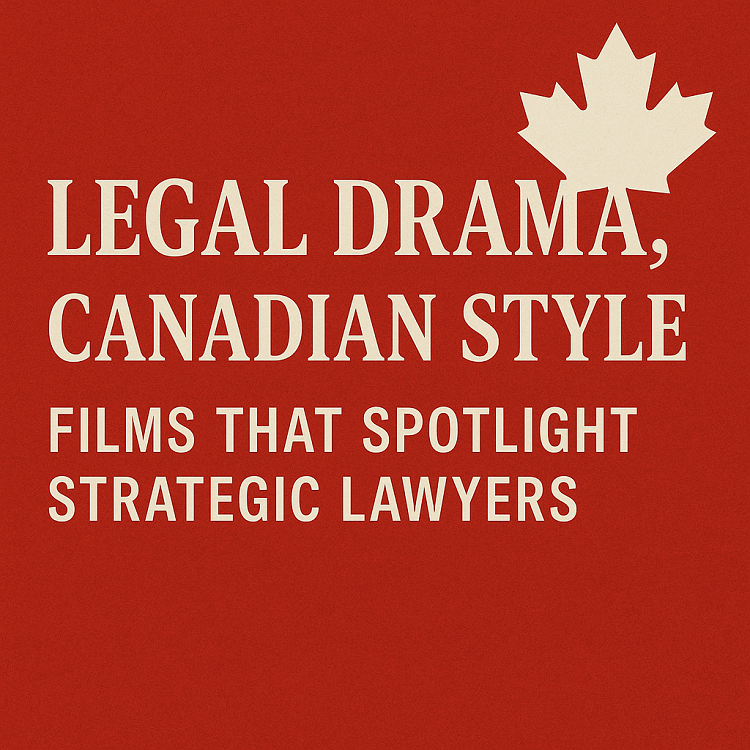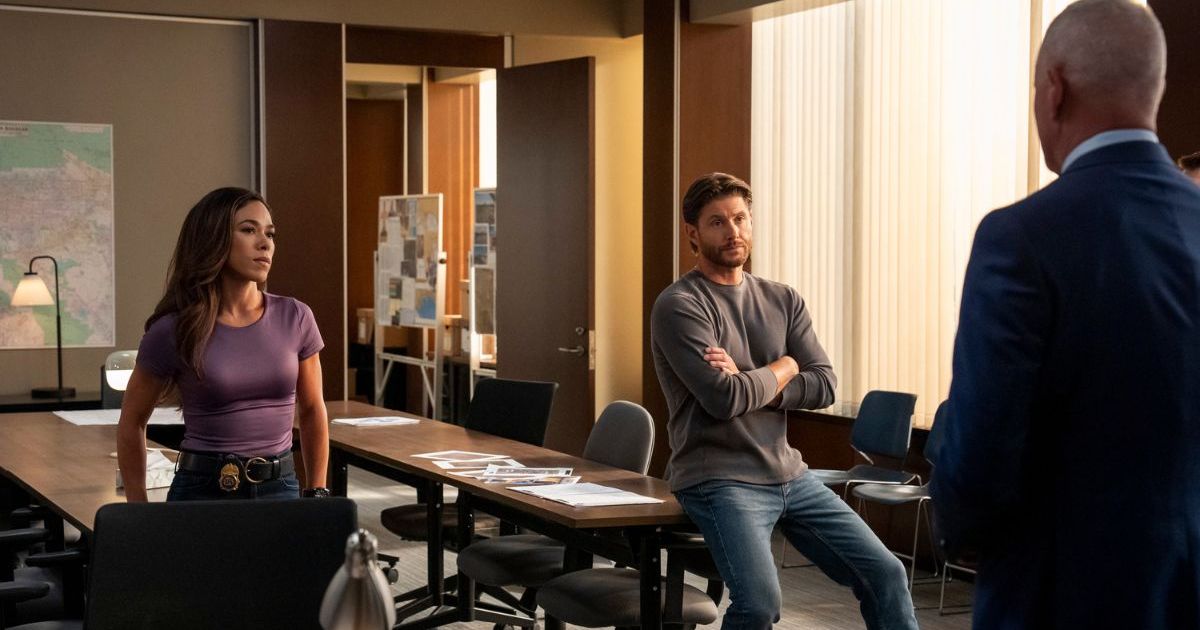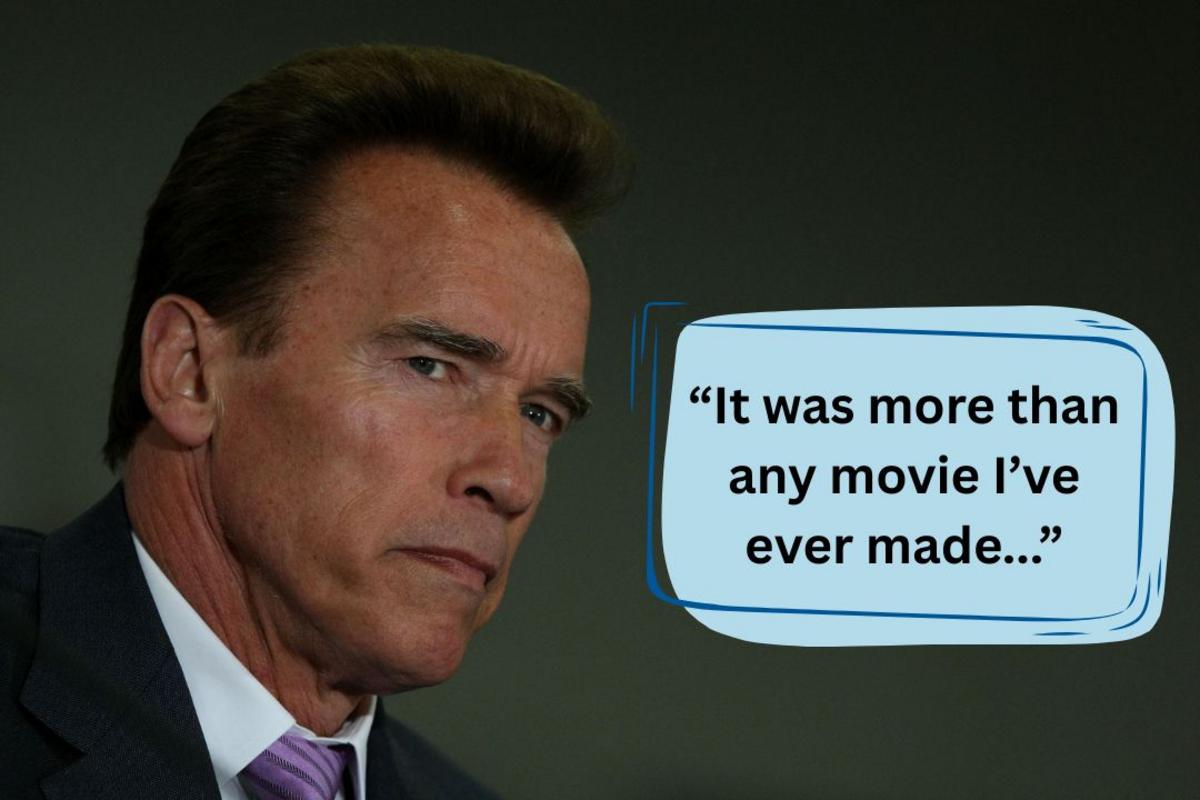When it comes to courtroom dramas, Hollywood often steals the spotlight with high-octane arguments and flashy legal twists. But Canada, with its quieter cinematic style and rich storytelling tradition, has carved its own niche in portraying strategic lawyers and legal dilemmas on screen. Canadian legal dramas may not always be loud, but they are often thoughtful, deeply human, and surprisingly powerful.
Let’s take a closer look at how Canadian cinema brings legal strategy to life—highlighting a few standout films and what makes their lawyers not just legal practitioners, but storytellers, strategists, and sometimes, reluctant heroes.
1. The Quiet Power of Subtle Storytelling
Unlike their Hollywood counterparts, Canadian films often focus on the emotional and moral weight of legal battles rather than just courtroom theatrics. In films like The Sweet Hereafter (1997), the lawyer, Mitchell Stephens, played by Ian Holm, isn’t just fighting a case—he’s navigating grief, trauma, and community tensions following a tragic school bus accident. His legal strategy involves not only legal knowledge but emotional intelligence and the ability to read people.
This film highlights a common thread in Canadian legal dramas: strategy is as much about human psychology as it is about legal arguments.
2. Truth, Ethics, and Complexity
Another example is Maudie (2016), while not a legal drama per se, it touches on themes of personal rights, power imbalance, and informal justice. In more direct legal films like The Confessional (Le Confessionnal, 1995), the story interweaves personal history with a crime investigation, blurring the lines between law, morality, and truth. Strategic lawyers in Canadian film are often portrayed as grappling with ethical dilemmas—asking not just “how to win” but “should we win this way?”
3. Lawyers as Cultural and Social Interpreters
In Canada’s multicultural context, legal professionals often appear as mediators across cultures and values. Films like The Good Lie (although not Canadian-made, but aligned in tone and values) explore legal aid and immigration through a lens of compassion and strategic advocacy. This echoes real-world Canadian legal issues, where immigration, Indigenous rights, and bilingual legal systems require more than just legal expertise—they require cultural sensitivity and negotiation skill.
4. Underdogs and Unsung Heroes
Canadian legal films often highlight the underdog—the small-town lawyer, the overlooked case, or the individual fighting against a large system. Think of The Paperboy (1994), which touches on themes of media and justice, or Exile (2012), a lesser-known documentary-style film where legal aid becomes a lifeline for displaced refugees. These films celebrate strategic thinking not as flashy tactics, but as persistence, creativity, and empathy in action.
Why It Matters
The depiction of lawyers in Canadian film reflects a broader national identity—one that values quiet strength, fairness, and emotional nuance over theatrics. These lawyers may not always deliver punchy one-liners or courtroom explosions, but they use strategy in thoughtful, often understated ways that reflect real-world legal practice.
For law students, film buffs, or anyone interested in how legal systems intersect with human stories, Canadian cinema offers a refreshing take: one where legal strategy is deeply intertwined with morality, empathy, and social responsibility.
Final Verdict
Canadian legal dramas may not dominate the global box office, but they offer something more enduring—portraits of strategic lawyers who fight not just to win cases, but to understand people. And in a world of noise, that quiet strength can be the most powerful strategy of all.




